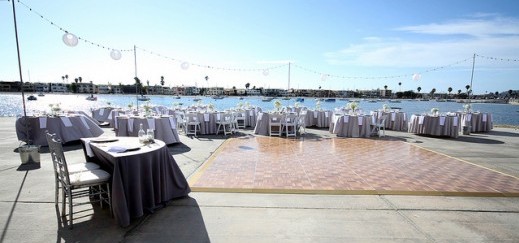The thought of planning a wedding from scratch can be frightening to say the least. On what date will your get married? Who will you invite? What type of venue will you choose? How will you find a wedding dress? What kind of music will be played at the reception? To help ease the burden, here are some things to expect when planning your wedding.
Not Every Guest Will Attend
Just because you send invitations to 150 friends and family members doesn’t necessarily mean that all of them attend on your Big Day. According to TheKnot, you can expect about 30% of the people you invite to not attend. That’s not necessarily a bad thing, though, as a smaller guest list typically translates into lower costs for food, seating, floral arrangements, etc. When creating your invitations, ask guests to RSVP ahead of time so you’ll know exactly how many people will attend.
It’s Stressful
Planning a wedding can be stressful at times. Acknowledging that certain things are simply out of your control, however, is the first step towards easing this stress. Additionally, you can ease the stress associated with planning a wedding by following these tips.
- Designate a reliable friend as the maid of honor (keyword being reliable).
- Book multiple services from a single vendor.
- Choose a flexible wedding date.
- Purchase a couple different pair of shoes for the Big Day.
- Pamper yourself to a day at the spa.
The Six-Month Rule
Most professional wedding planners and organizers recommend giving yourself a minimum of six months to plan your wedding. This should give you and your fiance ample time to find the perfect venue and hire the right vendors/service providers. Take your time to selectively choose the best DJ for your wedding, because they’ll be responsible for setting the atmospheric mood on this important day.
One Barkeep per 50 Guests
A good rule of thumb to follow when planning a wedding is to hire at least one barkeep for every 50 guests. If you have 100 guests, for instance, you should have two barkeeps serving drinks.
Venues are the Biggest Expense
While there are always exceptions to this rule, venues are typically the biggest expense associated with planning a wedding, followed by attire and then flowers. You can slim the costs of your venue, however, by getting married during the off season, which occurs during the months of January, February and March. Also, ask the venue owner or manager what rental options they offer. Some venues may only offer full day packages, whereas others may offer half day. Opting for the latter can save you big bucks since you’ll only be using the venue for a portion of the day.
